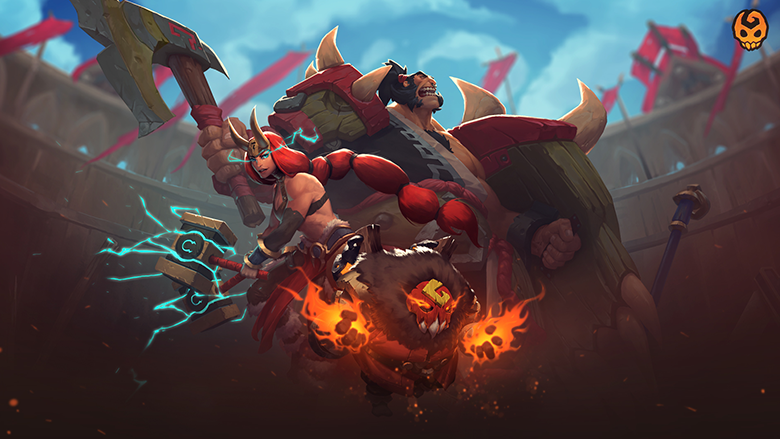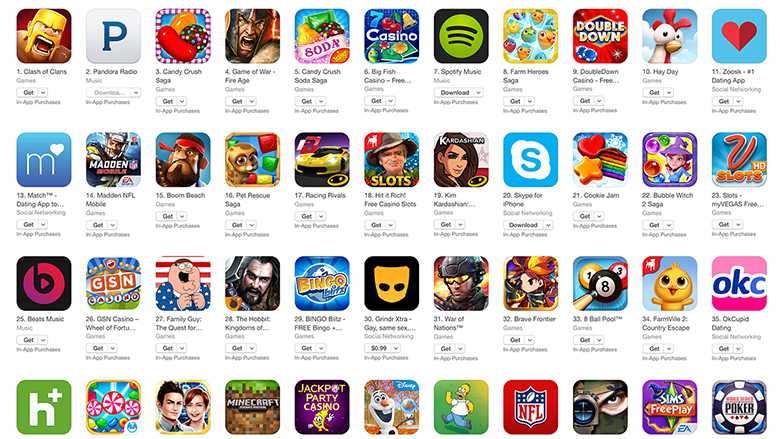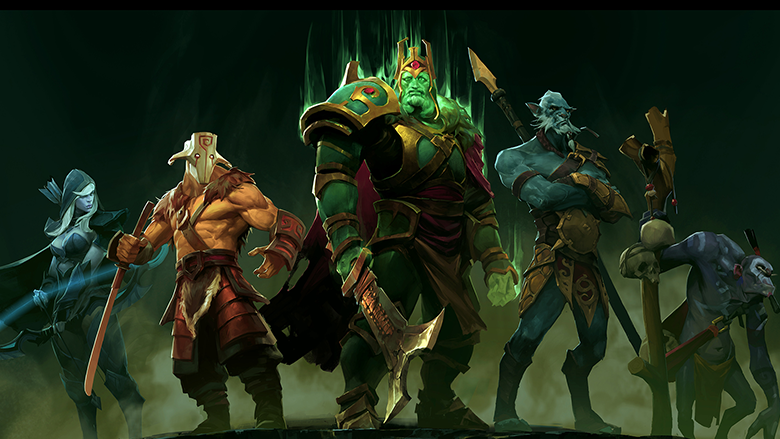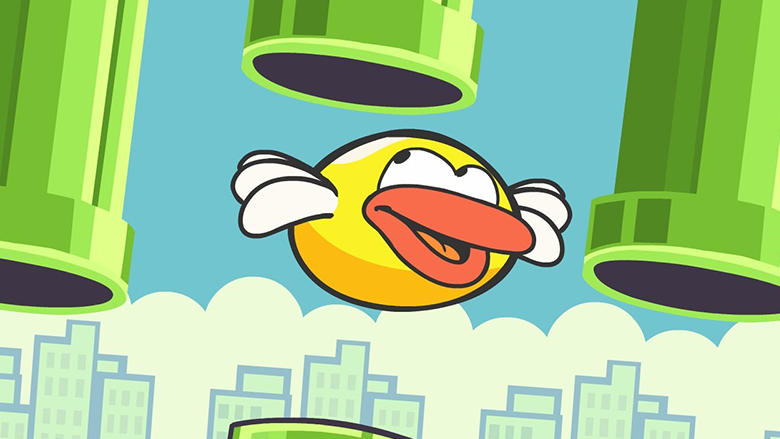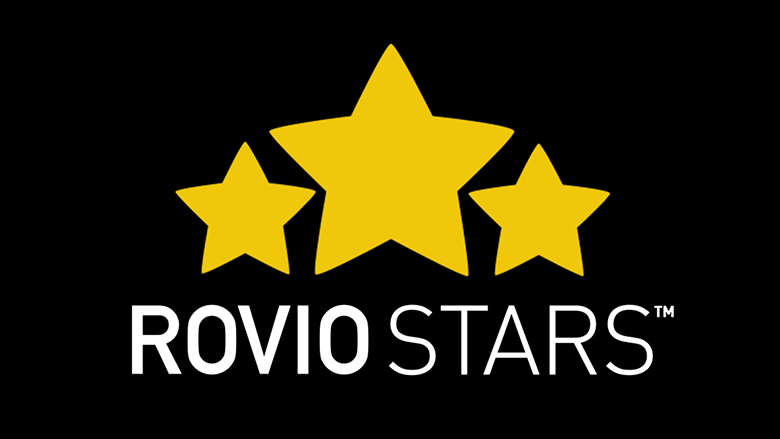The author of Triple Town and Steambirds, Daniel Cook, shared his view on the gaming industry and made predictions for the future. And we have translated the text and now we present it to your attention.
Ah, this autumn. It’s time to reap the fruits of your efforts and reflect on the changing seasons.
If you’re an indie developer, you’ve probably noticed how the game creation process changes cyclically. The games have become more beautiful than ever, right? The quality bar is getting higher. There is more and more work, and now the team has grown a little. And since you need to feed so many mouths, it’s getting scarier to experiment with new stupid mechanics – because you can lose everything. Fortunately, it’s already clear in which genre to work to make another hit. What a pity that the market is not crowded with similar projects.
What has changed?
Remember the revolution? A person alone could make an unusual toy with a minimum of content and get rich at the moment. Doodle Jump was considered a cool game! The development of hits like Braid cost a ridiculous $ 200 thousand. You take a developer, add cute art, and the top game is ready. They will also write about it in the press.
But if such games came out now, then their lot would be oblivion. A hit from a “small” team in the modern sense is a Battlerite-type game. 25 developers, gorgeous 3D graphics, external financing. Development costs have increased by an order of magnitude over some 8 years.
There is a time for everything. Game markets also follow a predictable scenario: they grow, yield crops, and, if you’re lucky, are canned on the eve of the coming frosts.
Battlerite
Have you been developing games for less than 10 years? Are you new to the indie gaming industry and have only seen the bright side of Steam, console markets and mobile platforms?
That’s what awaits you. That’s what happens when the market matures.
Memories of spring
A lot depends on the historical context.
A new market appears when there is a new way to bring the project to the players. In the beginning, the industry, which had been dominated by retailers, was blown up by digital distribution. Thanks to Apple and Google, it became possible to download games to phones. Thanks to Microsoft, Sony and Nintendo, it became possible to play games on consoles. And thanks to Steam, a holistic and reliable ecosystem for PC players has been created.
For those who do not remember the era of retail sales, it is difficult to imagine what radical changes digital distribution has brought with it. Retailers gave the developer about 15% of the profit. Everything else went to marketing, publishing, and the store itself. Such inequality killed any creative impulses. What a lovely idealism there is. Game development at retailers was like working in a factory: stamped games, sharpened to the needs of a giant hit vending machine, came off the assembly line one after another. It was a mature market where most of the major game developers sold their soul and talent to publishers and platform owners. AAA for the most part still follows the same model. We are not like that, life is like that.
With the advent of digital distribution, two things have happened. For the first time in many years, excessive demand was accompanied by insufficient supply.
Great demand
The owners of the new platforms have seriously taken up new distribution channels. Valve sold the most popular games via Steam in batches. Microsoft gave developers the most profitable places in its console store for free. Apple and Google invited the user to the storefronts so that he could choose what his heart desires. As a result, streams of customers flowed through these stores, and everyone wanted to buy a cool new toy for their cool new device. You take a pretty picture, sculpt the “buy” button on top, and hello, the sale took place.
Insufficient supply
But there was nothing to buy. Most traditional game publishers did not want to take risks and surrender to the power of some incomprehensible new platforms. Each digital store was essentially a monopolist and in theory could become a full-fledged dictator with unlimited power. So the publishers mostly preferred not to contact them. Some alternative developers still posted their games. They were such hippies and marginals from the industry, whose niche projects would never have broken into a more mature market.
Their games went like hot cakes. Mostly due to the fact that there was nothing else to buy. For a while it seemed that through the digital market you can sell almost anything and get your profit.
A short sultry summer
In the world of digital distribution, anyone who had a computer at home could make a game and start selling it. And since the developer got 70% of the revenue, it was necessary to sell much fewer copies to make ends meet. So many, many small gaming companies appeared. Let’s call them “indie”.
Most of them had no experience. They didn’t know how to run a business. Many have not done professional games before. So they experimented, sometimes thoughtlessly. Like mushrooms, strange game mutants began to appear. Journey (the game was released not in 2008, but much later, in 2012, – approx. editorial offices). Day Z. Tower Defense. What can I do with the Internet? And with Flash? And with a touch screen? Who knows, let’s just try something. Will Wright is talking about his Cambrian explosion at every corner (meaning the game Spore, where the user received a single-celled organism, modified it and developed it into a reasonable being, then created a civilization and went to explore another galaxy, – approx. editorial offices). New genres were born. It was 2008.
What times! I look back at them with love.
The end of the harvest season
Low entry threshold
Due to the fact that it was easy to get into the new market, new developers kept arriving and arriving. And the nature of digital distribution is such that the expiration date of the game never really expires. So the catalog of cool games grew and grew. There was no shortage of supply anymore.
Fixed level of demand
There was also no great demand anymore. Console sales have leveled off. Smartphone sales also did not set records anymore. PC sales started to fall. The platforms have more or less equally divided the buyers among themselves.
What happens to the market when the level of demand is fixed and supplies continue? There is competition. There is no need to be seven spans in the forehead. The events discussed below have already happened to thousands of other games on a dozen other markets.
Standardization. Players form communities around the most popular types of games. Standardized requirements for the game are created.
Competition. Developers are trying to profit from these communities by releasing games in the same genre. For example, MOBA.
The winner gets everything. Players gather around one or two high-quality, widely advertised games of the same genre. These projects get the majority of all revenue.
Art for the Dota 2 game
The cost of development is growing. To get to the top, developers seriously invest in art, script work, marketing and monetization. Maybe you can beat the competition if you start working more.
Bubble. As a result, development teams are getting bigger and bigger. The bigger the team, the more money is spent on it, and the less reserves are left in case of an unsuccessful game.
Risk avoidance. The culture of risk avoidance dominates. To get guaranteed results, you need to take only proven games with a proven setting and proven mechanics. A hierarchy of decision-making is being created to suppress the violent growth of ideas. “Costly” experimentation is not a priority. All efforts are aimed at serving the needs of players in already existing genres.
What success looks like
Here are three theoretically successful long-term strategies for independent developers in the new conditions of growing competition.
Become the king of the genre. Create a hit in a popular genre. Invest profits in the best developers, community and marketing in order to capture the audience with a guarantee. Set the standards that others will try to achieve. Become what Blizzard has become for MMO. If you choose the right mature genre, then 10-20 years of stability are guaranteed.
Take over the niche. Find a niche where a rich but enthusiastic audience lives. It is very effective to serve this niche. This strategy is not very different from the previous one. The only difference is that no one cares about you. The press barely talks about you. A wide audience of gamers does not know about your existence. But you are adored by a small and dedicated community. So you’re making a tiny company to serve a tiny market. Here you can give an example of Artemis Spaceship Bridge Simulator or retro RPG from SpiderWeb.
Artemis Spaceship Bridge Simulator
Create a brand. A lot of companies create a strong brand, which is needed in order not to lose investments in case of something. If difficult times come, they simply freeze development and live on the income from the brand. This helps to hold out until the next project. An example is the company Jackbox.
The illusory success of one hit
The mature market is flooded with money flows. And from time to time, such a stream hits some random indie developer who happened to be in the right place at the right time. Tydysch! Gigawatts of accumulated power is enough for years of development without additional investments.
As the market becomes more mature, development costs grow exponentially and absorb all accumulated savings. For example, the last project of the III developer cost him $ 200 thousand. He earned $2 million in sales. But the next game will already cost $2.5 million. Maybe they can be repulsed. Or maybe not. The money in the bank will give them the opportunity to make one or two more attempts, not 10.
I use the expression “III-developers” for medium-sized teams that have a hit game. But earlier in the ecosystem, such were called “average” developers (midtier developers). They all died out as the market became more mature. It has become incredibly difficult to give out a hit every time. And in the end, such teams had no advantages over others.
Art for the game Flappy Bird
Sell the goat
Not everyone can remain independent. There are three common scenarios for those who had to give up full ownership of their company.
Hobby. The company becomes a non-profit organization. People either find a full-time job and work on the game for a couple of hours in the evening. Or they sit on the neck of their own family. Or they receive grants from any organizations that are interested in their work. Or they make games while studying at a university, and then find themselves in something else.
Hire yourself. The team is hired to work for someone with money. Or a contract is signed with the publisher. Or the company is bought directly. Or a contract is signed, under the terms of which the team performs some specific work for the employer, such as porting or developing multiplayer. Mega-corporations love hired labor.
Extinction. The team is just retiring. It was fun to feel like an indie.
The first frosts
You’re probably wondering what winter will look like. That’s what awaits the PC, console and mobile.
Consolidation
When a big company eats a smaller company, or a small company collapses and a big one hires its former employees, this process is called consolidation. Many, many small studios are turning into several large ones.
Consolidation is a long-term process that will take place in the next 4-8 years. Not necessarily all studios will fall under it. Someone who has earned a lot on the hit will be able to stay afloat for a long time and ignore their own inability to make another popular game. Someone will starve for a couple of years before agreeing to a difficult decision.
Lack of distribution channels
It has already become difficult to bring your game to the players. This is partly because there are a lot of games. Plus, the reach of the audience is limited by the high cost of marketing (as discussed below).
Audience reach
The available audience will decrease as paying players become attached to games-services such as MMO or other free-play projects. You can’t beat a game like Clash of Clans. It’s been played for years. So fritupley teams will try to extend the life of their projects for decades. Their audience is not looking for new games, so it is not available for studios that are making new projects or trying to find players to replace the “fallen off” ones.
Clash of Clans
Most studios will not be able to afford advertising
The advertising market sells its services only to the highest paying customers. In the case of the gaming industry, the highest paying buyer is the games with the highest LTV. Is there a game with a high LTV? Great, buy ads that will attract additional players. And if you have a game with a low LTV (and these are all premium projects, most experimental games, most indie games), then you can’t afford promotion through advertising.
Hits are getting fewer, hits are getting steeper
As the market consolidates around the leaders of the genre, they will begin to receive a huge amount of money. The downside of this phenomenon is that fewer and fewer small studios will be able to earn enough to remain independent.
The Heyday of Publishers
Larger companies with strong marketing departments and business development departments will not be so affected by these trends. They can afford to build a portfolio, so if some projects fail, then successful games will keep afloat. Such companies are usually publishers. Here’s what you need to wait for: publishers will start looking for the most capable indie developers and offer them contracts (it should be noted that the process has already begun. An example is the initiatives launched by Paradox, Wargaming and Rovio – approx. editorial offices). Indie developers will receive money that will compensate for the risks if the game fails, and publishers will get a chance for another hit.
Logo of Rovio Stars – Rovio publishing initiative
First-hand sales
Platforms will begin to take away the rights to those games that are guaranteed to bring money. Such integration will pay for itself. Platforms will begin to receive all the proceeds from the project entirely and direct players to the games directly through their own promotion channels. As a result, you will not have to take risks and turn to third-party developers.
Next spring
Let’s rejoice at those perennial plants that we managed to sow during this amazing cycle. Or, at least, timid tulips that may one day bloom.
Ordinary game developers will continue to fight for life
I don’t think that one day we will return to the bad old days in the early 2000s, when it was really difficult to “break into the gaming industry”. Some trends suggest that the flow of new developers will not run out.
Tools. The price of development tools has dropped seriously. The available engines, such as Unreal or Unity, are incredibly powerful and perfect. Anyone who has the time and desire can make games. And, I suspect, over time the process will only become easier.
Training. People want to make games. And schools can charge these people a lot of money to train them to make games. This dynamic will continue regardless of whether there will be a job for graduates later or not.
Open distribution. There are many ways to present the game to the players. Steam, Android and iOS have minimum requirements. And on sites like itch.io there are none at all. The vast majority of people will never know about your game, but at least no one forbids you to publish. For those who develop games as a hobby, even a couple dozen downloads from friends and family will inspire further exploits.
We should expect the same thing that we see among writers, artists and musicians. Schools will provide the minimum skills needed to create a game. But in order to enter the commercial market, you will need to have a high-class portfolio. And there will still be a lot of very, very poor developers whose passion for games will be stronger than the desire to get rich. I imagine how a group of such enthusiasts regularly gathers together to drink wine and morally support each other. And maybe from time to time they will launch crowdfunding – when one of them needs a new liver.
New markets will appear
Obviously, VR will be one of them. This segment is still developing, but the owners of the platform seem to be confidently building a market for future projects. If they all invest a billion or so in VR content together, then a new market of about a billion will appear for game developers.
And VR isn’t the only new market. As technology evolves, a wave of new AR and VR markets will appear over the next decade. And the development of each of them will be determined by the giant of the industry that will invest in this market. Here is a possible scenario. The PC games market developed in a similar way. We may have many, many Cambrian explosions.
The seasons will change yet
I come from Western Maine, where the harvest season is short and its fruits are valuable. Spring is a blessing from above. Summer is a miracle. Even autumn is greeted with an admiring smile. Yes, the wind is so strong that you walk bent over. Yes, the frost will kill our wonderful garden. But if we planted properly, the roots will survive. And we also have apple cider. And if not, we will still break through. Even if you have to sell the garden.
To understand why there is so much joy in my admittedly completely tasteless text, you need to realize that everything in this world is cyclical. What’s the use of grieving about the past summer. It is better to lay firewood in the fireplace with the arrival of winter, pour yourself a cup of tea and let the endless snow cover drown out the cacophony of the surrounding world. What did we do wrong while we had such a big opportunity in our hands? Let’s dream. What would we do if there was a chance to plant a crop again? If you look in perspective, you see that there are still many seasons of growth, harvest and frost ahead.
Spring-one way or another-will come again one day.
Translated by Irina Smirnova
Source: Daniel Cook’s Gamasutra Blog


